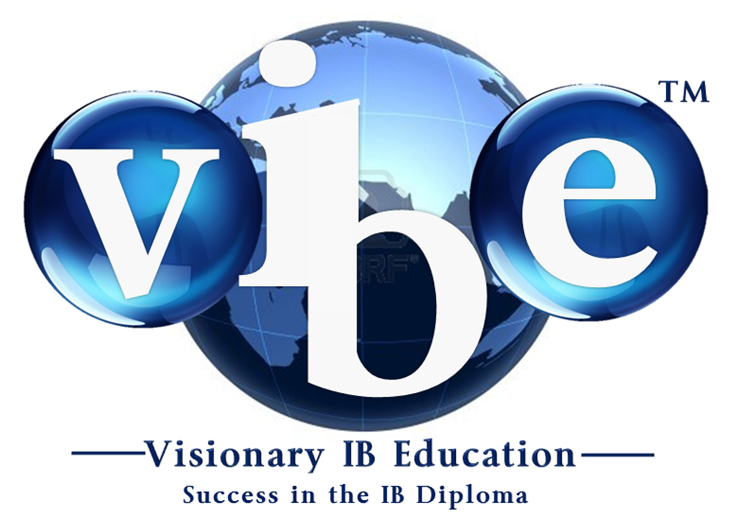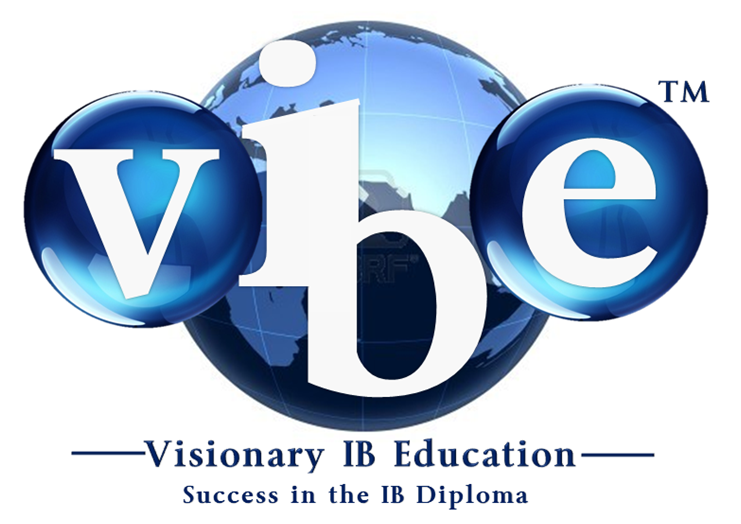|
IB BUSINESS MANAGEMENT:
UNIT 2 – HUMAN RESOURCE MANAGEMENT Human Resources in IB Business Management is one of the five core topics and is assessed in both Paper 1 and Paper 2 SL and HL examinations. Human resource management is the strategic approach to the effective management of an organisation's workers so that they help the business gain a competitive advantage.
|
|
|
The IB Business Management Human Resource Management unit covers the following topics:
|
Human Resource ManagementHuman Resource Management (HRM) refers to the management function of using and developing people within a business in order to meet the objectives of the organisation. This will entail interrelated roles, including:
|
The goals of Human Resource Management should be inherently integrated with the organisational objectives of the business, but may include:
|
Motivation is a human resource management issue |
Leadership is a human resource management issue |
Human resources is more than just HRMThe IB Business Management course Human Resources topic aims to give the student a good overview of:
|











